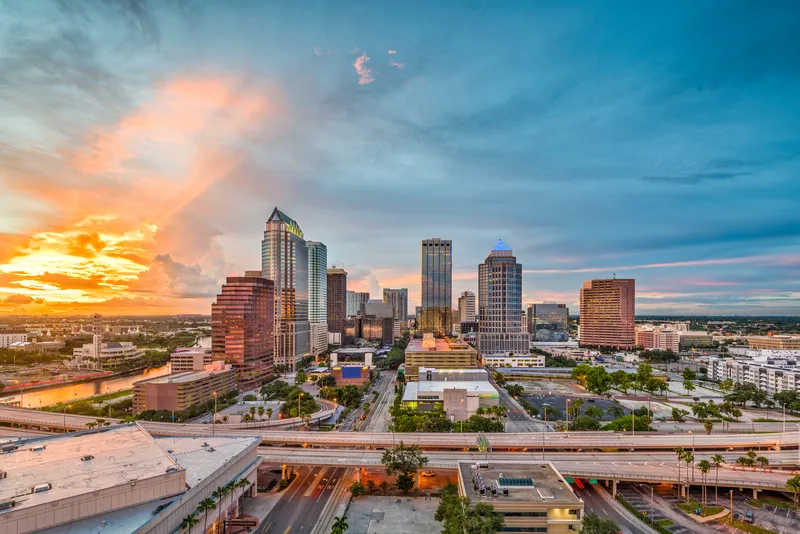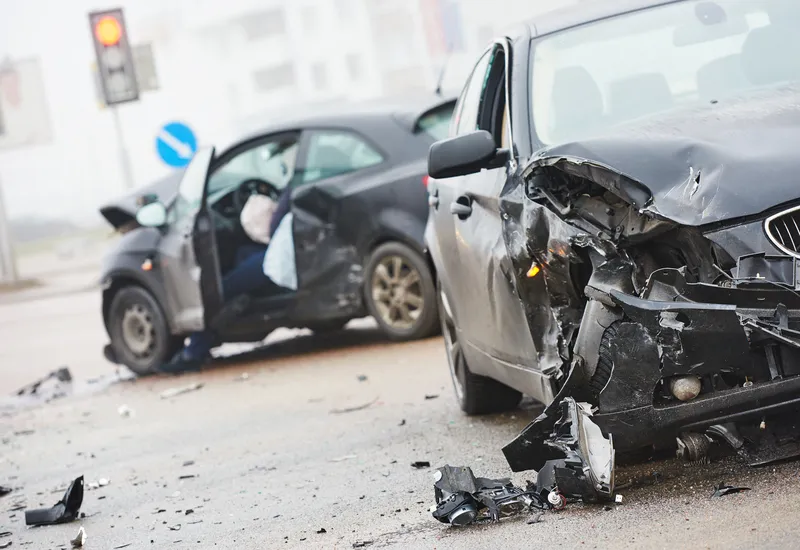Lack of investment in safe walking and cycling infrastructure not only contributes to the deaths of millions of people in traffic accidents on unsafe roads and poorly designed roadways, but also overlooks a great opportunity to boost the fight against climate change, according to a new UN Environment report.
In Global Outlook on Walking and Cycling, the UN Environment Programme (UNEP) claims that greater investment in such infrastructure could help save millions of lives and reduce emissions of global w
October 21, 2016
Read time: 3 mins
Lack of investment in safe walking and cycling infrastructure not only contributes to the deaths of millions of people in traffic accidents on unsafe roads and poorly designed roadways, but also overlooks a great opportunity to boost the fight against climate change, according to a new UN Environment report.
In Global Outlook on Walking and Cycling, the UN Environment Programme (UNEP) claims that greater investment in such infrastructure could help save millions of lives and reduce emissions of global warming gases from motorised transport.
The report surveyed the progress towards safer walking and cycling infrastructure in 20 low- to middle-income countries across Africa, Asia and Latin America, where compared with high-income countries, it says twice as many more people die in road traffic accidents.
The report notes that 1.3 million people die each year from traffic accidents, of which 49 per cent are pedestrians, cyclists and motorcyclists. Four African countries are among the most dangerous countries to walk and cycle. Some 66 per cent of all road fatalities were pedestrians and cyclists in Malawi; 61 per cent in Kenya; 53 per cent in South Africa; and 49 per cent in Zambia and Nepal.
“People are risking their lives every time they leave their homes,” said UNEP executive director Erik Solheim. “But it isn't just about accidents. Designing transport systems around cars puts more vehicles on the road, increasing both greenhouse gas emissions and deadly air pollution. We must put people, not cars, first in transport systems,” he stressed.
The report claims that motorised transport is responsible for 23 per cent of global carbon dioxide (CO2) emissions, the fastest growing sector in greenhouse gas emissions. It will be responsible for a third of CO2 emissions by 2050 at current rates.
Poor air quality, in part due to vehicle emissions, is estimated to cause around seven million premature deaths each year and is increasing health problems like bronchitis, asthma, heart disease and brain damage.
The global fleet of private cars is projected to triple by 2050, with most of this new vehicle growth expected to take place in the same developing countries that are already hardest hit by road fatalities and injuries.
In line with current trends, not only will this result in a staggering increase in road fatalities globally, but the increase in carbon-polluting cars will severely restrict the world's ability to limit the global average temperature rise to less than 2°C.
UNEP calls on countries to invest at least 20 per cent of their transport budgets in walking and cycling infrastructure to save lives, reverse pollution and reduce carbon emissions, which are rising at more than 10 per cent a year.
UNEP is also urging countries to draft national and local policies for non-motorized transport (NMT), pay particular attention to vulnerable NMT users, such as women, children, elderly and people with mobility challenges, and actively champion NMT as political will is needed not only for policies, but also for giving walking and cycling the equal status as private cars.
In Global Outlook on Walking and Cycling, the UN Environment Programme (UNEP) claims that greater investment in such infrastructure could help save millions of lives and reduce emissions of global warming gases from motorised transport.
The report surveyed the progress towards safer walking and cycling infrastructure in 20 low- to middle-income countries across Africa, Asia and Latin America, where compared with high-income countries, it says twice as many more people die in road traffic accidents.
The report notes that 1.3 million people die each year from traffic accidents, of which 49 per cent are pedestrians, cyclists and motorcyclists. Four African countries are among the most dangerous countries to walk and cycle. Some 66 per cent of all road fatalities were pedestrians and cyclists in Malawi; 61 per cent in Kenya; 53 per cent in South Africa; and 49 per cent in Zambia and Nepal.
“People are risking their lives every time they leave their homes,” said UNEP executive director Erik Solheim. “But it isn't just about accidents. Designing transport systems around cars puts more vehicles on the road, increasing both greenhouse gas emissions and deadly air pollution. We must put people, not cars, first in transport systems,” he stressed.
The report claims that motorised transport is responsible for 23 per cent of global carbon dioxide (CO2) emissions, the fastest growing sector in greenhouse gas emissions. It will be responsible for a third of CO2 emissions by 2050 at current rates.
Poor air quality, in part due to vehicle emissions, is estimated to cause around seven million premature deaths each year and is increasing health problems like bronchitis, asthma, heart disease and brain damage.
The global fleet of private cars is projected to triple by 2050, with most of this new vehicle growth expected to take place in the same developing countries that are already hardest hit by road fatalities and injuries.
In line with current trends, not only will this result in a staggering increase in road fatalities globally, but the increase in carbon-polluting cars will severely restrict the world's ability to limit the global average temperature rise to less than 2°C.
UNEP calls on countries to invest at least 20 per cent of their transport budgets in walking and cycling infrastructure to save lives, reverse pollution and reduce carbon emissions, which are rising at more than 10 per cent a year.
UNEP is also urging countries to draft national and local policies for non-motorized transport (NMT), pay particular attention to vulnerable NMT users, such as women, children, elderly and people with mobility challenges, and actively champion NMT as political will is needed not only for policies, but also for giving walking and cycling the equal status as private cars.









